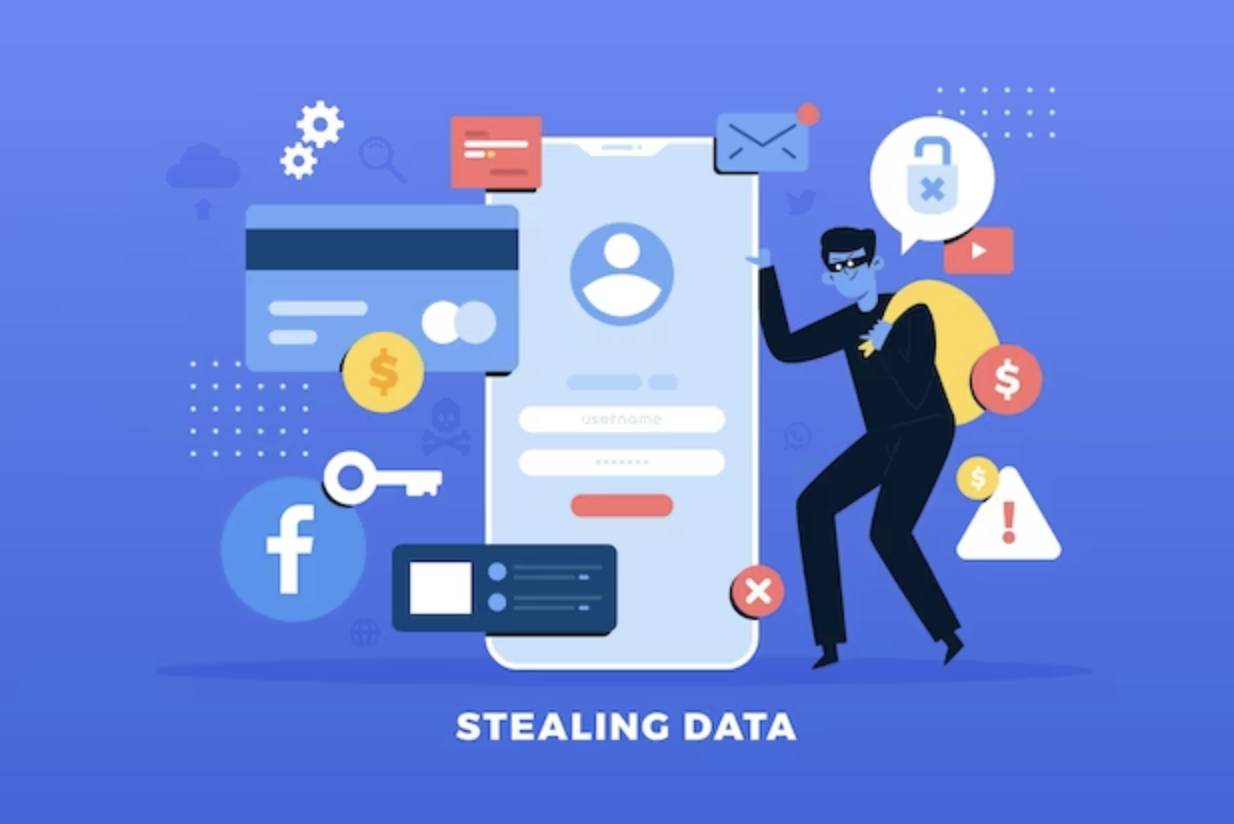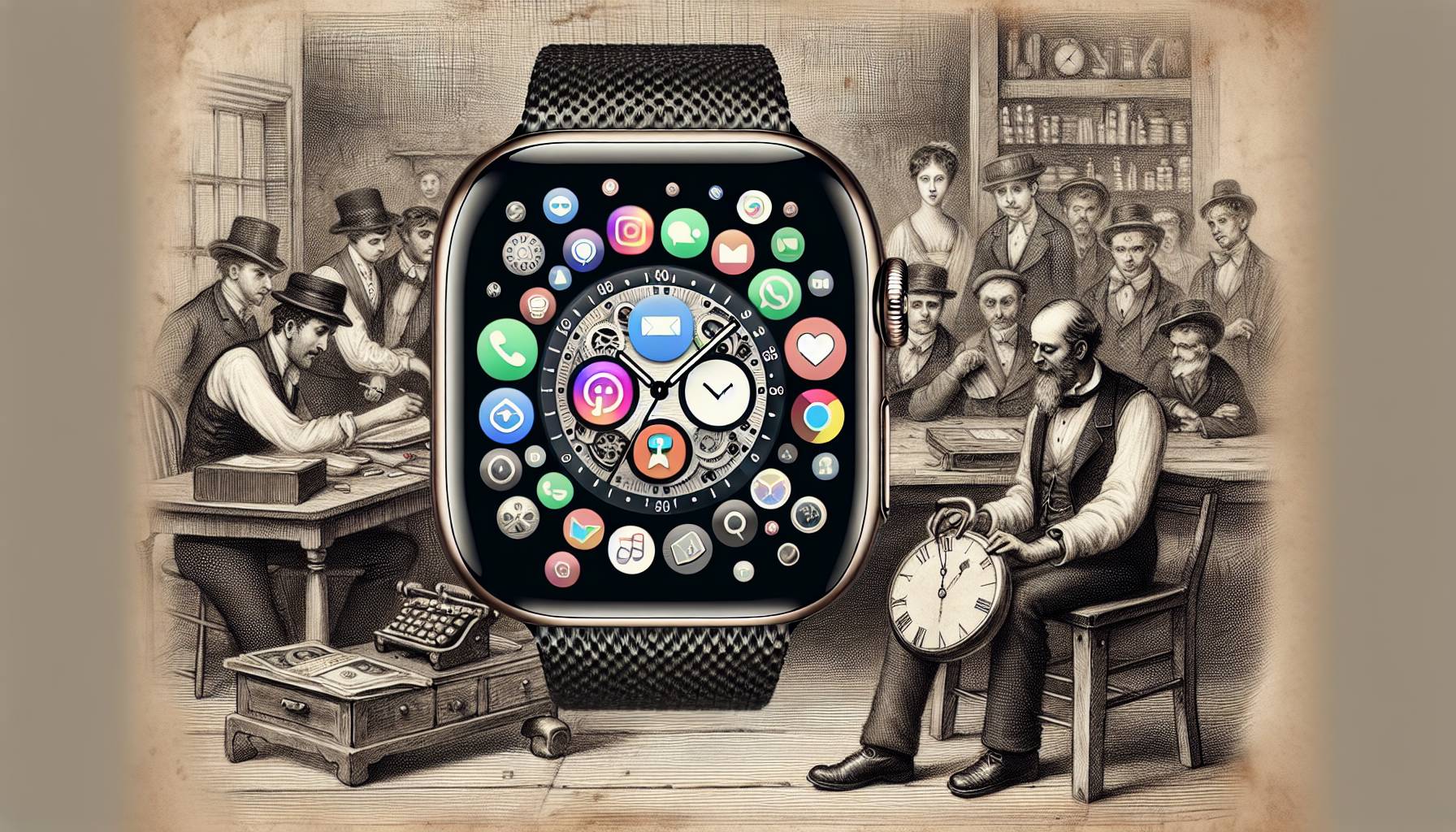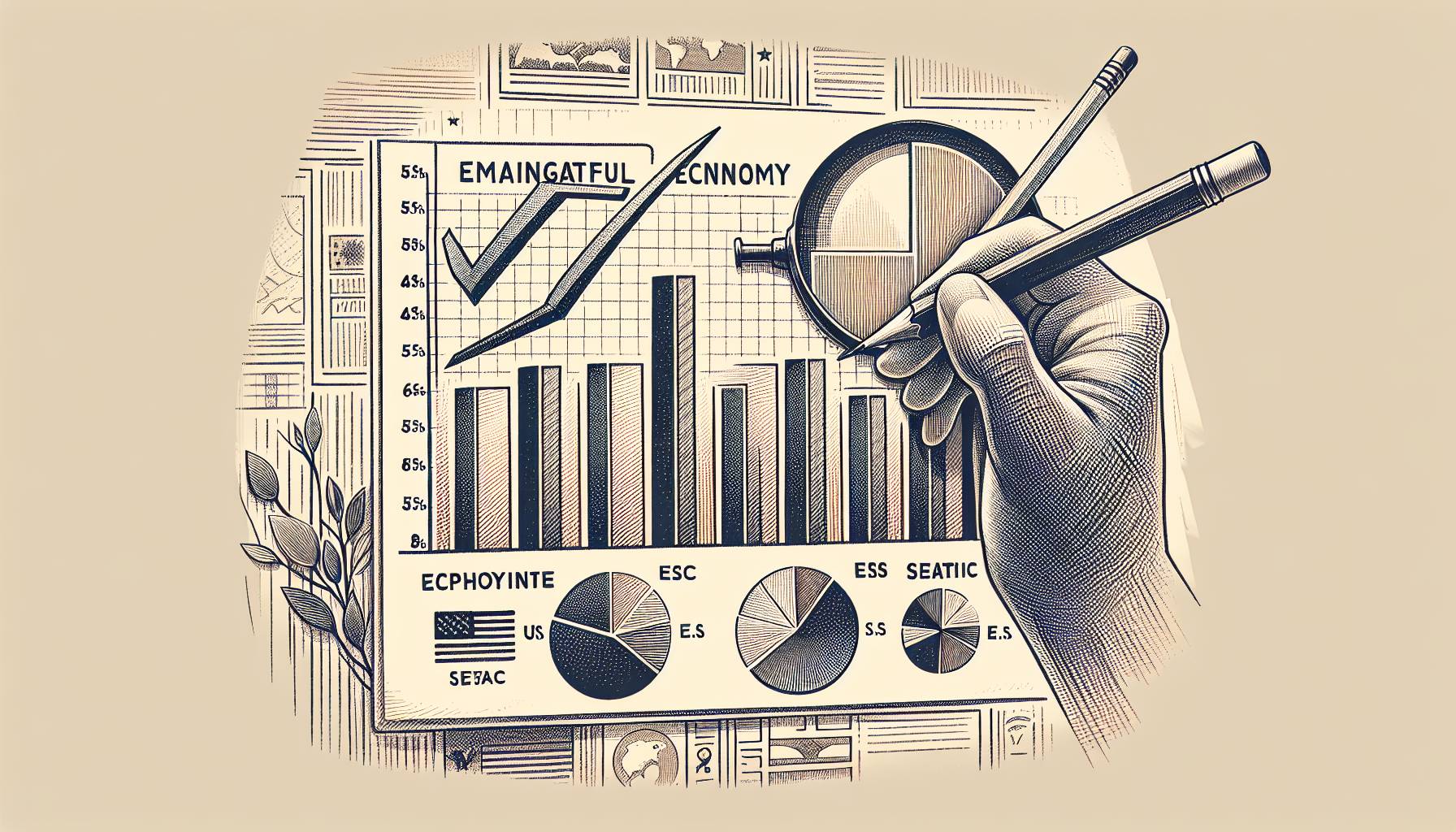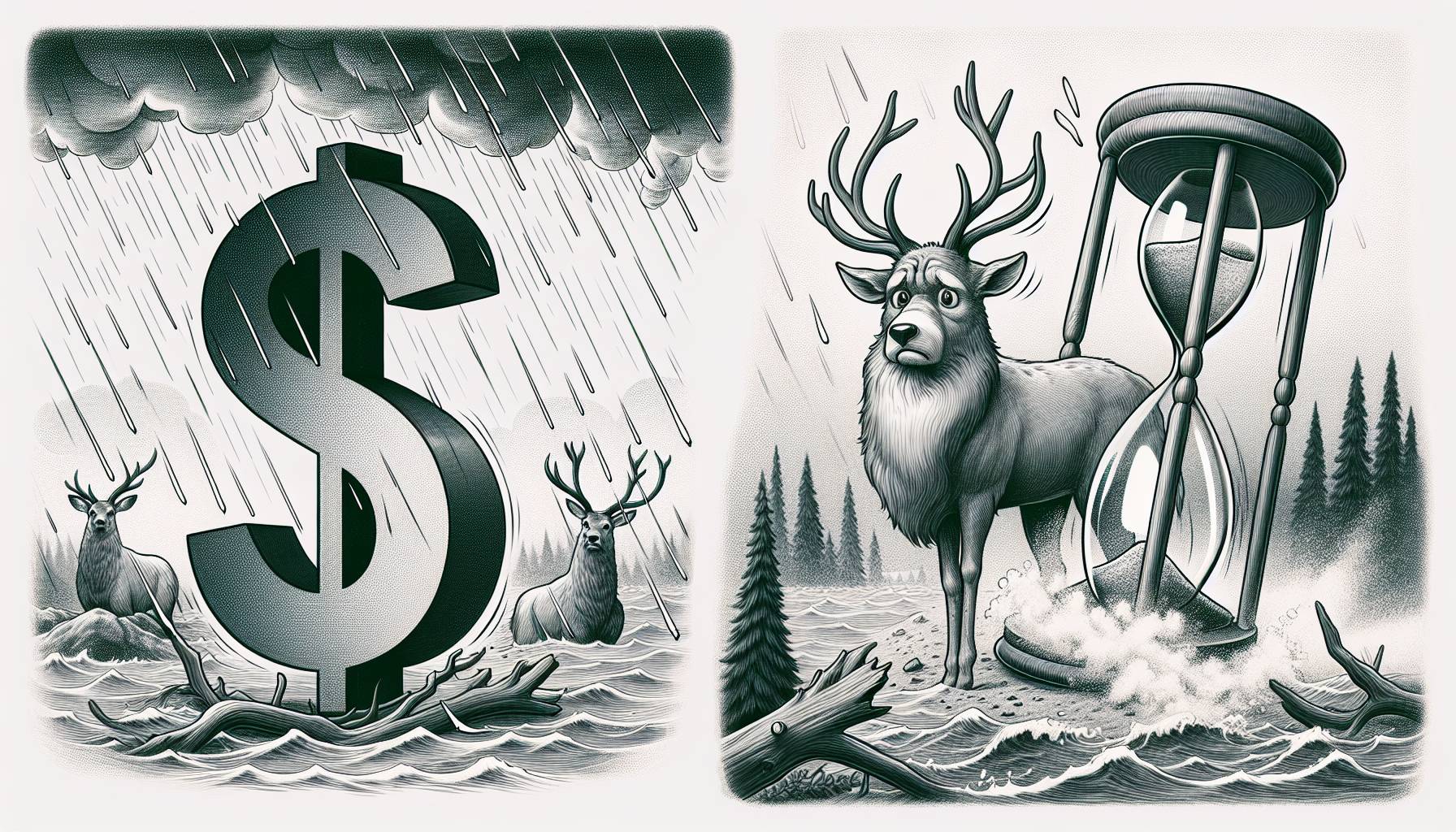Image Source: FreeImages
Google, one of the world’s largest tech companies, is being sued for allegedly stealing personal data and copyrighted works to fuel its Artificial Intelligence projects. The company is accused of covertly harvesting data from millions of internet users to train and build its commercial AI Products. The lawsuit, filed by the law firm Clarkson, claims that Google took everything ever created or shared online, including personal information, creative works, and professional works, without the users’ consent.
Google’s AI Privacy Policy
Google’s AI data harvesting practices were not a secret, as the company’s privacy policy used to state that it uses publicly available information to train language models such as Google Translate. However, the general public may not have understood that “language models” are a kind of AI. On July 1st, Google updated its policy to spell out its practices and give other examples. The policy now states that Google uses information to improve its services and develop new products, features, and technologies that benefit its users and the public. For example, Google uses publicly available information to help train its AI models and build products and features like Google Translate, Bard, and Cloud AI capabilities.
The Class-Action Lawsuit against Google
The lawsuit alleges that Google harvested data covertly without providing notice to anyone, much less with anyone’s consent. The plaintiffs in the lawsuit include a New York Times best-selling author, a six-year-old boy, a software developer, a TikTok influencer, an actor, and several others. The lawsuit claims $5 million in damages and asks the court for a temporary freeze on commercial use of the technology until guardrails are in place. It also asks for “data dividends” to be paid to every person whose information was used to develop Google’s AI.
The Impact on AI Training
AI is a rapidly growing field that relies heavily on data to train machine learning models. Chatbots like ChatGPT and Google’s Bard, as well as countless other AI endeavors, are trained on the mountains of public information scraped off the internet. Companies like Google feed the data into their AI systems, and the AI produces “new” content based on what it learns. However, this has raised a brand-new issue for the courts: it is perfectly acceptable for a person to research previously published material in order to generate ideas for new content. Is it any different when a private corporation enters data into a database to use AI to perform the same task?
So far, it’s up for debate, but the complaint says Google broke copyright law and collected people’s personal information without consent. Google, on the other hand, argues that American law supports using public information to create new beneficial uses. The company claims to use data from public sources, like information published to the open web and public datasets, responsibly and in line with its AI Principles.
What Does This Mean for Data Privacy?
The class-action lawsuit against Google is a wake-up call for internet users to become more aware of how their data is being used. While Google claims to use publicly available data responsibly, it’s essential to understand what information is being collected, how it’s being used, and who has access to it. Data privacy is a crucial issue, and governments worldwide are enacting laws to protect consumers from data breaches and misuse of their personal information.
The Future of AI Training
The lawsuit against Google also raises questions about the future of AI training. As AI continues to grow and become an integral part of our daily lives, it’s crucial to find ways to train AI models ethically and responsibly. AI developers must consider the impact of their data collection practices on privacy and security. As AI becomes more advanced, it’s important to remember that it’s only as good as the data it’s trained on.
Google’s Response to the Lawsuit
Google has been clear about its AI data harvesting practices, stating that it uses data from public sources to train its AI models. The company’s General Counsel, Halimah DeLaine Prado, said that American law supports using public information to create new beneficial uses. Google looks forward to refuting the baseless claims in the lawsuit.
Conclusion
The class-action lawsuit against Google highlights the importance of data privacy and ethical AI training practices. As AI becomes more advanced, it’s crucial to find ways to train AI models responsibly while protecting consumers’ personal information. The lawsuit raises questions about the legality of AI training practices and the impact on copyright law. It’s essential to understand what information is being collected, how it’s being used, and who has access to it. As the world becomes more reliant on AI, it’s essential to find ways to train AI models ethically and responsibly while protecting consumers’ data privacy.
FAQ
What is AI?
AI, or Artificial Intelligence, is the simulation of human intelligence processes by computer systems. These processes include learning, reasoning, and self-correction. Smart machines, created using artificial intelligence, outperform humans in tasks such as seeing, hearing, reasoning, and translating languages.
What is the class-action lawsuit against Google?
The class-action lawsuit against Google alleges that the company stole personal data and copyrighted works to fuel its AI projects. The lawsuit claims that Google harvested data covertly without providing notice or obtaining consent from internet users.
What is the impact of the lawsuit on AI training?
The lawsuit raises questions about the legality of AI training practices and the impact on copyright law. It’s essential to find ways to train AI models ethically and responsibly while protecting consumers’ data privacy.
What is Google’s response to the lawsuit?
Google has been clear about its AI data harvesting practices, stating that it uses data from public sources to train its AI models. The company looks forward to refuting the baseless claims in the lawsuit.
First reported on https://gizmodo.com/google-bard-ai-stole-data-class-action-suit-says-1850631307













